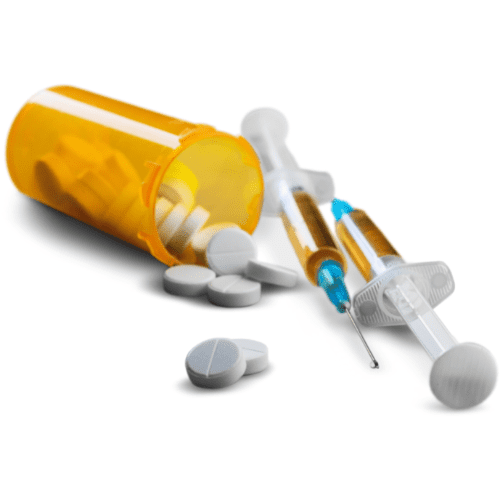With a new piece of legislation, Westchester lawmakers will look to piggyback on a recently passed New York City law blockading the spread

of a synthetic marijuana known commonly as “spice.”
The county legislation, introduced jointly by Republican legislators David Tubiolo and John Testa, would enact a countywide ban on the sale of the synthetic drugs—which are currently sold legally over-the-counter under state law—by amending portions of the county’s consumer protection code.
“We’re doing what we can to make our county as safe as possible,” said Tubiolo, of Yonkers. “These are deadly toxins.”
In New York state, both the sale and consumption of the drug have been under increasing scrutiny over the past year, spurred in part by 33 Brooklyn residents who overdosed this past summer on a popular brand of the product sold under the moniker “K2.”
The side effects experienced by users of that strain of the drug included extreme disorientation, loss of motor control, and erratic behavior that required police intervention.
According to Testa, of Peekskill, at times, the reach of drugs like K2 has hit close to home.
Earlier this year, Testa explained, White Plains first responders were called to intervene after multiple individuals began exhibiting what he described as “strange behavior.”
Later, Testa said, it was determined that they had ingested synthetic marijuana which had been sold to them only a block away from the county government’s White Plains headquarters. “It was a wake-up call for us to pay attention to this and combat it in Westchester,” Testa said.
This past summer, the drug also swept multiple Yonkers residents which resulted in police intervention according to Yonkers Police Sgt. Dean Politopolous.
While regulators on both a state and federal level have made attempts to quell the spread of synthetic marijuana—most notably through a 2012 congressional act that listed many of the compounds found in those drugs as Schedule I substances, the most serious class—the fight has often been a battle from behind.
According to Tubiolo, while state and local governments have banned many of the compounds found in the commercially sold drugs, manufacturers have skirted embargos by altering their recipes by just a few molecules.
“We were aware that people had been changing the chemicals,” Tubiolo said. “We’re trying to be pre-emptive.”
The county law currently before the Westchester Board of Legislators hopes to combat what lawmakers have described as a “cat-and-mouse game” of altering chemical cocktails by providing a broader definition of the banned substances that might catch more products in its net.
Now, Tubiolo said, lawmakers will move forward in hashing out details of just how the ban will be enforced, whether through the county Department of Health, consumer safety, law enforcement or all three.
Testa said a law could potentially be introduced as soon as this summer, but not before legislators receive additional input from relevant agencies as well as the public.
“Hopefully it’s [introduced] sooner, rather than later,” Tubiolo said.








